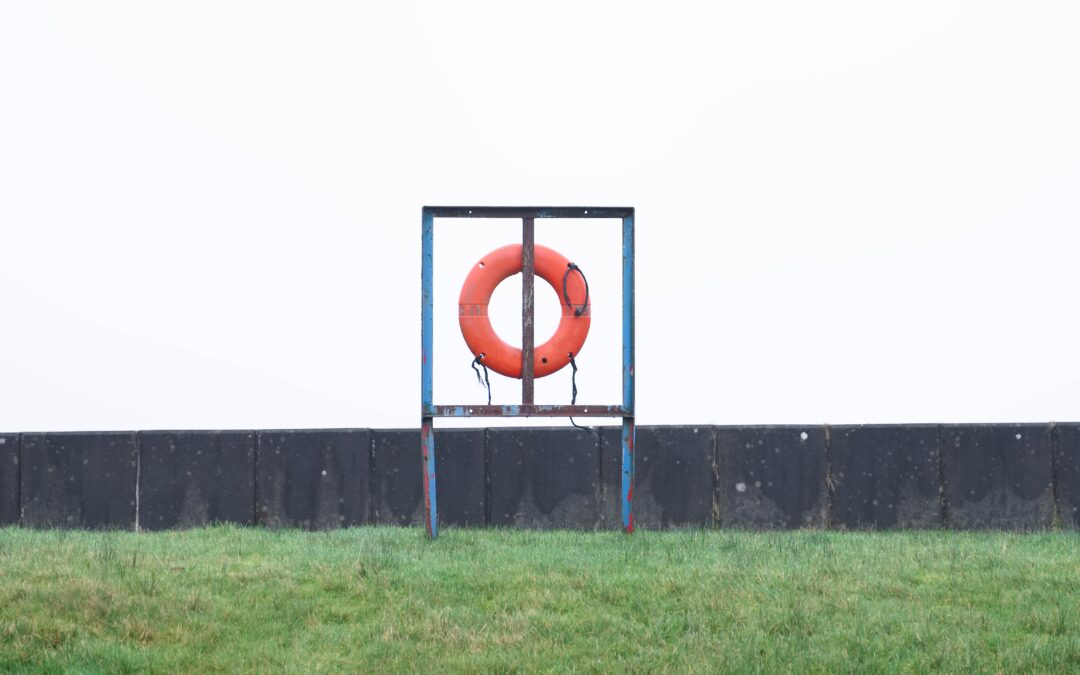This is the final post in “Complicating the Narrative on Bridging and Division,” a six-part blog series from CEP and PACE (Philanthropy for Active Civic Engagement). This series seeks to highlight community-informed perspectives from five leaders in the build-up to the second event in CEP’s 20th Anniversary Virtual Learning Sessions: “Are We Better Off Divided? Philanthropy’s Role in Moving America Forward.”
Democracy is hard work. Authoritarianism is easier. Let us be clear: this is the crossroads at which we stand. The choices philanthropy makes in this moment are not neutral.
Given that the survival of democracy is at stake, how can philanthropy create the conditions for the United States to recommit to the hard work of governance of, by, and for the people? How can foundations promote bridge-building over the social, political, and economic chasms that seem only to be getting broader and deeper?
The answer is not more hard work. It’s more leisure.
By leisure I don’t mean time off (though that’s important). I mean space within our organizations and movements to build authentic relationships with those outside our organizations and movements. I mean time and space for the sectors that make up civil society to get to know each other in new ways; to rebuild governance from the ground up.
“Freedom provided by the cessation of activities” is how Merriam-Webster defines leisure. “Diminution of hustle” is how Nobel laureate Bertrand Russell put it.
Ironically, freedom is what those supporting the rise of authoritarianism in America are seeking — freedom from the anxieties of demographic change; freedom from the hustle of economic insecurity; freedom from feeling like you don’t matter, that the system is rigged. Freedom is also what I’m seeking as a Black man committed to building a 21st century civil rights movement. I’m seeking the room to breathe; the ability to live, love, worship, and work free from bigotry and fear.
Even before the pandemic forced those who could to stay at home, there was a greater feeling of hardship than freedom in the air. Hopelessness, despair, simply being ground down — our epidemics of suicide and addiction are symptoms of a nation under intolerable stress. We’re in a time of climate chaos. Food and housing insecurity. A broken healthcare system. Outdated infrastructure. The persistent harms of systemic racism. And now, the normalization of political violence, along with a serious movement to suppress and overturn the very hallmark of democracy: voting. Tensions are so high and divisions so profound that there is talk of a second civil war.
We all know that divorce rates rise in times of severe household stress. Why would we be surprised that the U.S. is considering divorcing itself in the midst of so many compounding stressors?
A certain amount of tension is always going to be present in a pluralistic, multi-racial society. The goal of a functioning democracy is not to make intergroup tensions go away. Rather, the goal of a healthy democracy is to provide a means to manage those tensions.
The greatest promise of democracy is as a governance model that includes all and excludes none in “We, the people.” I am convinced that the single greatest barrier to unifying as “We, the people” is segregation. Most of us spend far too little time with those who differ from us. Whether the lines are drawn by race, income, ideology, geography, religion, or national origin, we barely know each other. It’s part of what allows so many to see governance structures as “them” and not “all of us.”
Strangers put in a house together wouldn’t be expected to get along right away — especially strangers who’ve been told lies about each other, whose ancestors did harm to each other, or who’ve been taught that somebody else’s gain is their loss. But when we have a chance to tell each other our stories and to feel fully heard, we reconnect to what we’ve forgotten: our shared humanity. On the level of basic needs and values, we’re not as different as those who profit from our division would like us to believe.
Now, I’m not talking here about “kumbaya” moments where disagreements are silenced. I’m talking about the mosh pit of mixing it up with each other. We need to learn how to ride, rather than quash, the energy of interpersonal engagement. We need to build the kind of trust that tells you that when you dive off the stage, people you didn’t walk in with will catch you and make sure you don’t hit the floor.
Without trust, governance falls apart.
If there is any salvaging a lower-case-u-s united states of America, it will require the building of authentic relationships of trust, at scale. Where are the folks who understand the importance of democratic governance; who are committed to fundamental human rights; who see opportunity, safety, and prosperity through a lens of abundance and not scarcity? We need to bring them together regardless of occupation, skin color, or political party.
I need to be able to talk to corrections officers, to Tribal government leaders, to ranchers and frontline workers and grassroots community organizers about what a safe and healthy community looks like. There is no shortage of proven models for cross-community engagement and conversation. What civil society lacks is the time to deploy them.
Building trust cannot be project-managed. Building trust is about relationships. Relationships take time. Time is something that is rarely funded. Time is so scarce in the life of a nonprofit leader or program worker that to get us to think about it differently, I’m giving it an aspirational name: leisure.
Philanthropy sees leisure as a bad thing. Where relationship-building is funded, it’s seen as a means to a measurable output. There’s a lot of lip service given to “relationships can’t be treated as transactional,” but we’re only funded to come together for transactional purposes.
Even before the pandemic ratcheted up the pressures on our staff at Western States Center, the organization I lead, I asked our Board to approve a 32-hour work week. The fifth day of the week is meeting-free, for staff to spend in continuing education, writing and thinking, or pursuing other work of their choosing. While we’re not the first or only organization to make this kind of investment in our team’s well-being and creativity, I can’t tell you how many aghast reactions I’ve gotten from peers. “What will your funders think?” they worry.
I don’t know a single grant seeker or nonprofit employee who is not deeply exhausted. In the meantime, the vast majority of philanthropic assets are being hoarded.
What if, in response to the extraordinary crisis we find ourselves in as a democracy, philanthropy were to release 25 percent of its assets? Those funds would surely be made back in only a decade or two. Without this kind of substantial investment, what will be left standing in another 20-30 years?
Instead, we are locked into a grueling cycle of one- or two-year grants. We are hemmed in by funders who want to micromanage our work to the extent that I’m sometimes tempted to offer them a job. We are kept so busy writing proposals and reports and talking to the people funders want us to talk to that we have little time left to build relationships with the everyday people who are wondering whether democracy is still a good idea.
Without leisure, governance falls apart.
Every now and then I get to talk to a funder who says, “I’d like to hear your take on what’s going on and what’s needed. I’ll pay you for your time. I’ll take all the notes. If it’s a good fit for our funding priorities, we’ll ask for a budget and then send you a check.” The funders who most value my time make sure it’s at least a three-year commitment.
Big money is being raised and spent right now to increase the tensions that both foster and feed off political violence. But how much is being invested in the conditions that support inclusive democracy? Funders, how are you lowering the stress? What tools are you giving civil society to manage the tensions? How are your choices creating the time and space for real bridging to take place?
If philanthropy really wants to see bridges built over the current ruptures, it’s time to stop wasting time, pinching pennies, and thinking one can avoid taking a side. Does philanthropy want an America divided by escalating political violence or a united democracy? Funders, your choices in this precarious moment are not neutral.
Eric K. Ward is executive director of Western States Center, which works nationwide to strengthen inclusive democracy so all people can live, love, worship, and work free from fear. Follow Eric on Twitter at @BulldogShadow.


